We’re not going to take it
For years, newsrooms have tolerated the kind of behavior they’d investigate if it were happening elsewhere. That finally seems to be shifting, and in 2022 newsroom workers will grow stronger in their fight back.
Pretty much every place I’ve worked has had at least one open sexual harassment secret, a person whose advances whisper networks would warn others about. Many have also had inequitable pay structures and the expectation of things like unpaid overtime.
As I grew in my career, I learned why some people chose to stay silent. The aftermath of speaking up can be punishing and traumatic. But now, it seems we’ve all had it and that we’ve come to better understand the power we hold.
The staff at Teen Vogue convinced Anna Wintour to reconsider her decision on who would become the brand’s editor-in-chief after discovering Wintour’s original pick had made racist remarks on Twitter.
Columns by Ben Smith at The New York Times have led to the implosion of Ozy Media and to Axel Springer’s removing Julian Reichelt (once editor-in-chief of the German newspaper Bild) from his role as Bild’s top editor. Until Smith’s report, the company had defended Reichelt, whose behavior was well-known.
Harvey Weinstein has gone to jail. Matt Lauer, Charlie Rose, and Chris Cuomo have been fired.
It isn’t just sexual harassment newsroom that workers are no longer willing to tolerate. Staff at several publications have unionized, joining together to fight for more equitable workplaces, fairer pay structures, and better work environments in an industry where exploitation is too frequently the norm.
In 2015, Gawker Media became the first major online publisher to unionize. Salon, Vice, HuffPost, The Guardian U.S., Vox, Wired, New York, and more have followed, and unionized workers haven’t been shy about speaking out or fighting for what they want.
Wirecutter staff members went on strike from Black Friday through Cyber Monday, the traditional kickoff of the holiday retail season. They were vocal about their fight, and their supporters came to their aid, raising more than $42,000 to support workers losing out on key overtime pay because of the strike.
After two years of contract bargaining, BuzzFeed News staffers walked out in early December. They, like many others, have taken their message to Twitter, outlining the conflict between management and rank-and-file workers.
BuzzFeed employees have been pushing for a $50,000 salary floor, greater flexibility to take on additional projects (including personal creative endeavors), and an environment that’s less driven by clicks than by reporting.
Journalists across the U.S. have also been raising their voices about social media policies that are too restrictive or unevenly enforced, and about objectivity being used as a tool for perpetuating bias in the news. And several journalists have ventured out on their own, proving that thriving media careers can exist without the backing of a major media outlet.
We now have a better understanding of our power, not just to generate revenue but to create a news business that is fairer, more equitable, and better to the people who power it. We circulate spreadsheets to increase salary transparency in an industry with a long history of inequitable and nonsensical pay structures. We talk more openly with one another and with our audiences about the challenges we face.
The conversations we used to have in private are happening more openly and the whispers are only going to grow louder.
Meena Thiruvengadam is a freelance writer and editorial strategy consultant.
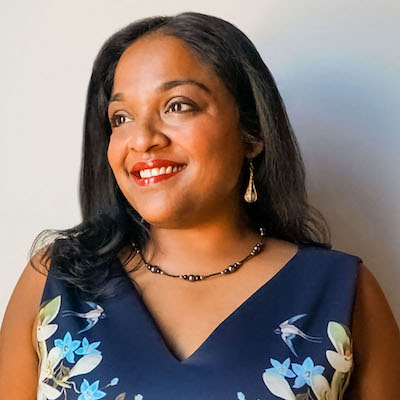
For years, newsrooms have tolerated the kind of behavior they’d investigate if it were happening elsewhere. That finally seems to be shifting, and in 2022 newsroom workers will grow stronger in their fight back.
Pretty much every place I’ve worked has had at least one open sexual harassment secret, a person whose advances whisper networks would warn others about. Many have also had inequitable pay structures and the expectation of things like unpaid overtime.
As I grew in my career, I learned why some people chose to stay silent. The aftermath of speaking up can be punishing and traumatic. But now, it seems we’ve all had it and that we’ve come to better understand the power we hold.
The staff at Teen Vogue convinced Anna Wintour to reconsider her decision on who would become the brand’s editor-in-chief after discovering Wintour’s original pick had made racist remarks on Twitter.
Columns by Ben Smith at The New York Times have led to the implosion of Ozy Media and to Axel Springer’s removing Julian Reichelt (once editor-in-chief of the German newspaper Bild) from his role as Bild’s top editor. Until Smith’s report, the company had defended Reichelt, whose behavior was well-known.
Harvey Weinstein has gone to jail. Matt Lauer, Charlie Rose, and Chris Cuomo have been fired.
It isn’t just sexual harassment newsroom that workers are no longer willing to tolerate. Staff at several publications have unionized, joining together to fight for more equitable workplaces, fairer pay structures, and better work environments in an industry where exploitation is too frequently the norm.
In 2015, Gawker Media became the first major online publisher to unionize. Salon, Vice, HuffPost, The Guardian U.S., Vox, Wired, New York, and more have followed, and unionized workers haven’t been shy about speaking out or fighting for what they want.
Wirecutter staff members went on strike from Black Friday through Cyber Monday, the traditional kickoff of the holiday retail season. They were vocal about their fight, and their supporters came to their aid, raising more than $42,000 to support workers losing out on key overtime pay because of the strike.
After two years of contract bargaining, BuzzFeed News staffers walked out in early December. They, like many others, have taken their message to Twitter, outlining the conflict between management and rank-and-file workers.
BuzzFeed employees have been pushing for a $50,000 salary floor, greater flexibility to take on additional projects (including personal creative endeavors), and an environment that’s less driven by clicks than by reporting.
Journalists across the U.S. have also been raising their voices about social media policies that are too restrictive or unevenly enforced, and about objectivity being used as a tool for perpetuating bias in the news. And several journalists have ventured out on their own, proving that thriving media careers can exist without the backing of a major media outlet.
We now have a better understanding of our power, not just to generate revenue but to create a news business that is fairer, more equitable, and better to the people who power it. We circulate spreadsheets to increase salary transparency in an industry with a long history of inequitable and nonsensical pay structures. We talk more openly with one another and with our audiences about the challenges we face.
The conversations we used to have in private are happening more openly and the whispers are only going to grow louder.
Meena Thiruvengadam is a freelance writer and editorial strategy consultant.
Nikki Usher

Meena Thiruvengadam

Amara Aguilar

Catalina Albeanu

Kendra Pierre-Louis

Raney Aronson-Rath

Candace Amos
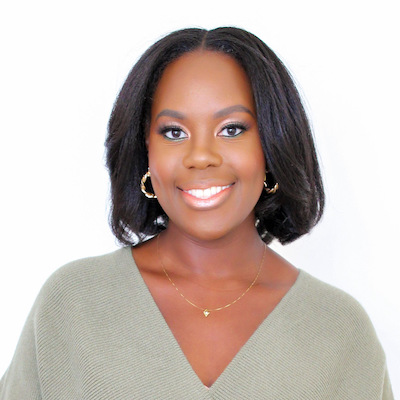
Doris Truong

Moreno Cruz Osório

Jessica Clark

Christina Shih

Chase Davis

Izabella Kaminska

Anthony Nadler

Ståle Grut

David Skok

Mandy Jenkins

Kathleen Searles Rebekah Trumble

Wilson Liévano
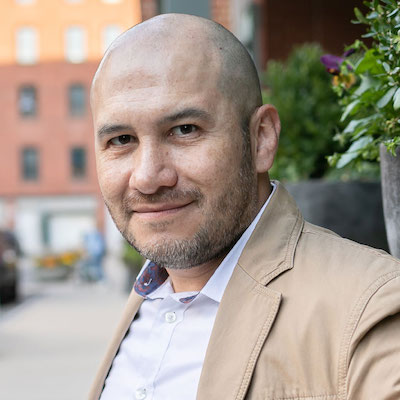
Kerri Hoffman
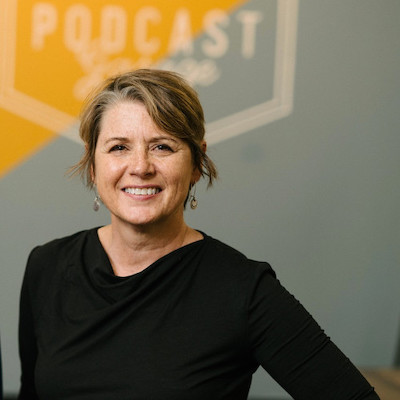
Jody Brannon

Larry Ryckman

Jennifer Brandel

Richard Tofel

Joe Amditis

Matt DeRienzo

Jesse Holcomb

Joanne McNeil

Anika Anand

Kristen Jeffers
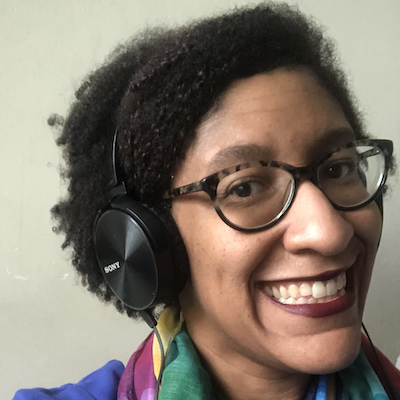
Matthew Pressman

AX Mina

Whitney Phillips

Anita Varma

Shalabh Upadhyay

Francesco Zaffarano
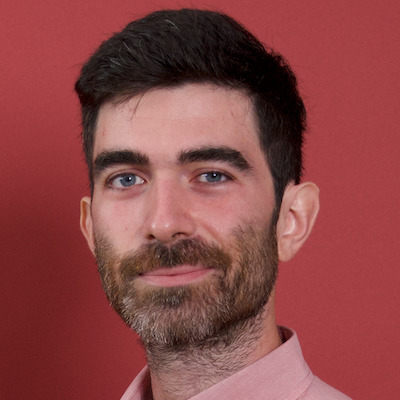
Megan McCarthy

Melody Kramer

Sarah Marshall

Cindy Royal

Cristina Tardáguila

Cherian George
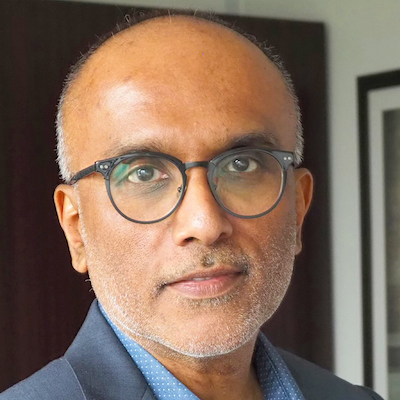
Robert Hernandez

Christoph Mergerson
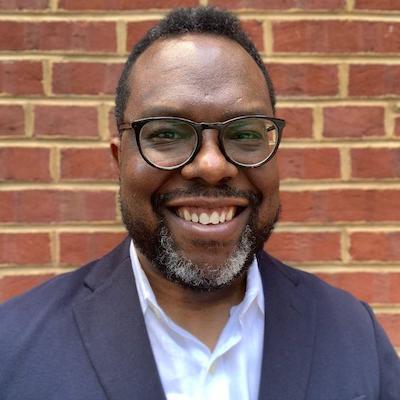
Mary Walter-Brown

S. Mitra Kalita

David Cohn

Victor Pickard

Simon Allison

Millie Tran

Jim Friedlich

Tom Trewinnard

Gabe Schneider

Don Day

Eric Nuzum

Julia Angwin

Natalia Viana

Jennifer Coogan

Ariel Zirulnick

Matt Karolian

Laxmi Parthasarathy

A.J. Bauer

Jesenia De Moya Correa
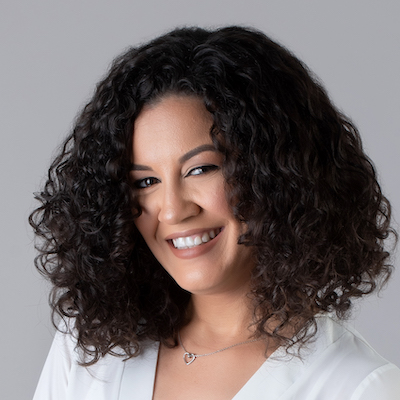
Joni Deutsch

Shannon McGregor Carolyn Schmitt

Burt Herman
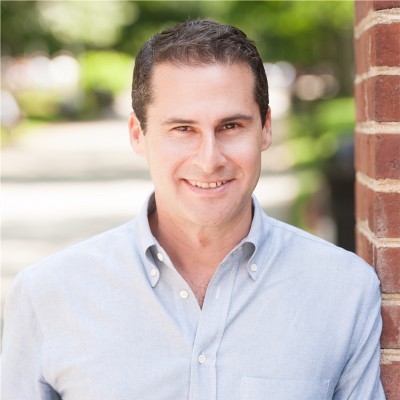
Mike Rispoli

Joshua P. Darr

Juleyka Lantigua

Chicas Poderosas

Gordon Crovitz

Amy Schmitz Weiss

Kristen Muller

Paul Cheung

Rachel Glickhouse

Sam Guzik

Julia Munslow

Zizi Papacharissi

Sarah Stonbely

Gonzalo del Peon

Andrew Freedman

Brian Moritz

James Green

Daniel Eilemberg

Rasmus Kleis Nielsen

Stefanie Murray

Tony Baranowski

Jonas Kaiser

Parker Molloy

Simon Galperin

Alice Antheaume

Errin Haines

John Davidow

Stephen Fowler

Joy Mayer

Tamar Charney

Michael W. Wagner

j. Siguru Wahutu
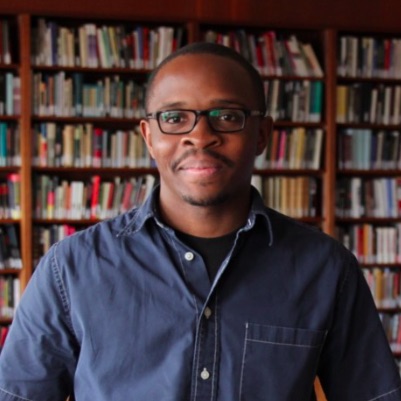
Mario García
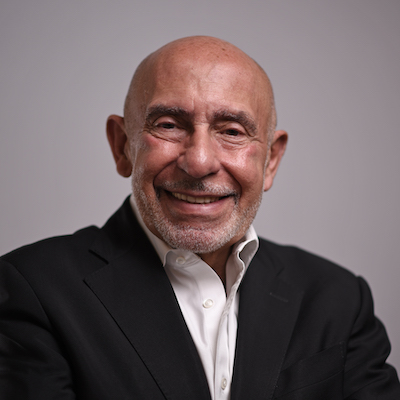
Janelle Salanga
